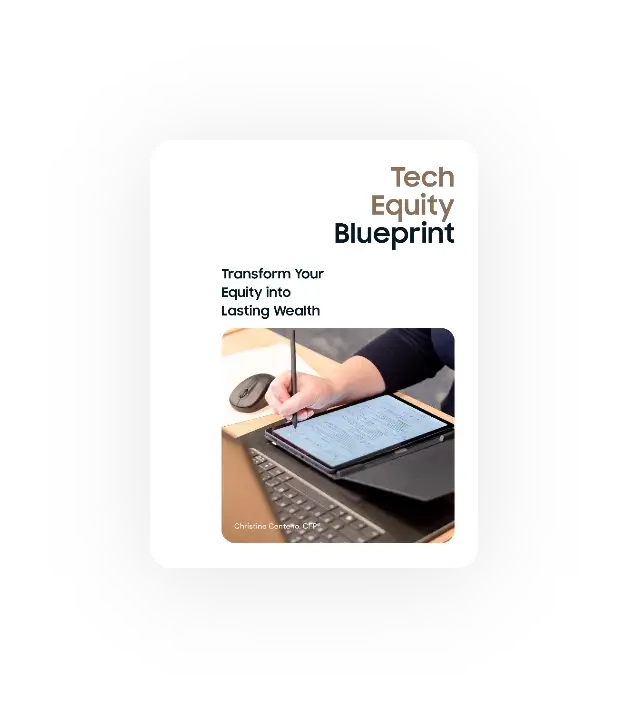BLOG / Mindset
Rest more, work less and say no

Last week on my YouTube Channel, I shared a video about setting financial goals and the importance of doing a little personal reflection first. While the process of setting financial goals is important, the process of setting personal goals is equally as important. What are you passionate about? What do you love to do? What do you wish you could spend more time doing? How can you work less, travel more, or delegate tasks at work or home? How can you work towards achieving a better balance?
Time is one of the most valuable assets we have. Being more purposeful and intentional about how we spend our time both at work and at home is essential to improving your work-life balance.
Give yourself permission to take time
We all say we want a better balance, but Americans seem to be addicted to working. According to a Marketplace.org article, more than half of all Americans don’t use all of their paid vacation days. Many feel guilty about taking time off and fear it could derail their career or end up being too stressful to be away from work.
Despite growing fears, there’s strong evidence to the contrary. A 2014 Stanford Study conducted on the productivity of working hours found that those working 70 hours/week are less productive than those working 50 hours/week. The individuals that worked 50 hours/week or less got more sleep, made fewer errors, had fewer occurrences of illness and reported lower stress levels.
It’s important to realize the benefits of taking some time away from work, whether it’s taking a few days off, limiting your workday, taking a nap or taking a walk outside at lunchtime. Rest allows you to recharge and feel refreshed. As a result, the quality of your work improves. If you expect to do good work, you’ve got to allow yourself to recharge. Giving yourself permission to take time off is the first step to setting yourself up to achieve a better work-life balance. As Carl Richards, New York Times columnist, author, and financial planner states “rest is a prerequisite for good work”.
It’s Okay to Say No
In her book, Design Your Day: Be More Productive, Set Better Goals, and Live Life on Purpose, Claire Diaz-Ortiz talks about the power of saying no in order to take control of your schedule. This could be saying no to an extra project at work, a board seat, or to joining a volunteer committee. Just like it’s important to give ourselves permission to rest, it’s also important to give ourselves permission to say no without feeling guilty. It’s only when we say no that we have time to say yes to those things that are truly most important to us.
Creating a “Do Not Do List”
I love this concept, it’s particularly appealing to those that have a lot on their plates. This idea was recently shared by Carl Richards on one of his podcasts for financial planners, but I believe the concept can be applied to work or home. He suggests creating a “do not do list”.On this list are the things that you dislike doing, are not a good use of your time, and you want and can delegate to others. I’d suggest making a list of possible items to delegate both at work and at home. Creating a home list would be a great activity to do with your spouse or significant other. Maybe you’d rather spend more time with your family, than cleaning, doing your taxes or walking the dog. These are examples of places where your time can be better spent. Once you create the list, hold yourself accountable by crossing something off a few times a year and delegating these not-so-fun tasks.
I challenge you to decide where your time could be better spent this year. Create your “do not do list”. Give your permission to rest or the permission to delegate. Afterall time is just another investment we make, so make sure it’s well spent.
Interested in learning more? Read more about my firm, and check out my service options.
Disclaimer
The information on this site is provided “AS IS” and without warranties of any kind either express or implied. To the fullest extent permissible pursuant to applicable laws, Simplicity Wealth Management LLC (referred to as “SWM”) disclaims all warranties, express or implied, including, but not limited to, implied warranties of merchantability, non-infringement, and suitability for a particular purpose. SWM does not warrant that the information will be free from error. None of the information provided on this website is intended as investment, tax, accounting or legal advice, as an offer or solicitation of an offer to buy or sell, or as an endorsement of any company, security, fund, or other securities or non-securities offering. The information should not be relied upon for purposes of transacting securities or other investments. Your use of the information is at your sole risk. Under no circumstances shall SWM be liable for any direct, indirect, special or consequential damages that result from the use of, or the inability to use, the materials in this site, even if SWM or an SWM authorized representative has been advised of the possibility of such damages. In no event shall Simplicity Wealth Management have any liability to you for damages, losses, and causes of action for accessing this site. Information on this website should not be considered a solicitation to buy, an offer to sell, or a recommendation of any security in any jurisdiction where such offer, solicitation, or recommendation would be unlawful or unauthorized.


